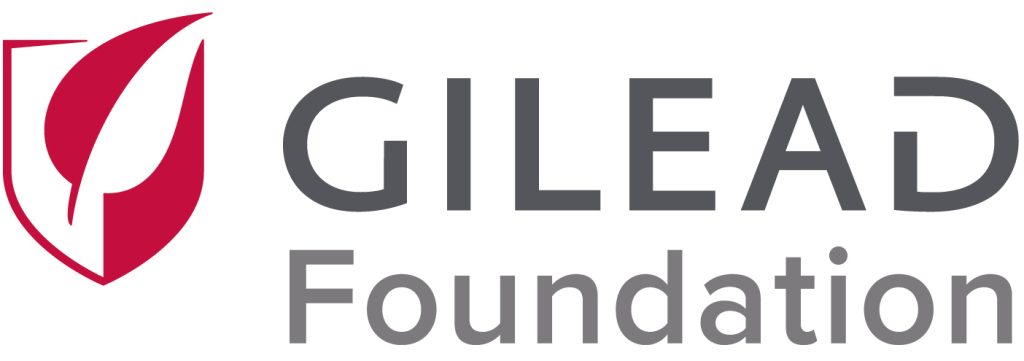
The Gilead Foundation has committed more than $3 million to expand food access across the United States, the organization announced Nov. 24, directing critical support to regions where hunger is not just a crisis of scarcity but a crisis of health. The grants, awarded through the Foundation’s Healing Hunger initiative, will fund 14 organizations in California, North Carolina, New Jersey, Maryland and Washington, D.C., with a focus on long-term nutrition access and community-centered solutions.
At a moment when food insecurity sits at the crossroads of public health, inequality, and the ongoing cost-of-living crisis, Gilead’s investment signals something urgent; hunger is not a moral failure, it is a policy failure. And communities, especially Black, brown, low-income, and queer communities, are paying the price in their bodies.
“There is a deep connection between food security and health,” said Shreya Jani, Senior Vice President of Public Affairs at Gilead Sciences and a Gilead Foundation board member. “Food insecurity is linked to a wide range of health risks, including chronic conditions, infectious diseases and other serious illnesses.”

USDA data underscores her point. Adults in very low food-secure households face significantly higher rates of hypertension (36.4% vs. 29.1%) and diabetes (9.6% vs. 4.3%). Children in food-insecure households experience higher asthma rates, more emergency department visits, greater depressive symptoms and a staggering 179% increase in forgone medical care.
This is why the timing of Gilead’s commitment matters. Food insecurity is not a side issue , it is a public health emergency hiding in plain sight.
The Foundation’s grants support innovative food sourcing and distribution models designed to break down the structural barriers people face when trying to access healthy food. The initiatives include mobile pantries, urban farming projects, school-centered distribution hubs, and large-scale produce recovery efforts that redirect food from waste streams into households.
In California, the California Association of Food Banks and five Bay Area food banks will use the funding to expand a collaborative sourcing model that distributes more than 1.2 million pounds of culturally relevant produce while lowering costs and supporting minority-owned farms. For many communities, “culturally relevant produce” is not just food, it is dignity, memory, and health.
“This funding will expand access to culturally relevant food, strengthen local food systems, and improve long-term community health,” said Stacia Hill Levenfeld, CEO of the California Association of Food Banks.
Other major grant recipients include:
These efforts do more than fill stomachs. They strengthen local food ecosystems, reduce environmental waste, support small farmers, and provide families with the stability needed to thrive.
Food insecurity is often framed as an issue of charity. But the data makes one thing clear; hunger is a health issue, and a justice issue. The communities most likely to experience food insecurity are the same communities disproportionately affected by chronic illness, environmental racism, and economic marginalization.
Gilead’s investment acknowledges what public health experts and community organizers have been saying for years: addressing hunger requires upstream solutions, not just emergency reactions. It requires education, infrastructure, access, and collaboration.
In 2024 alone, the Gilead Foundation contributed $21.5 million to organizations advancing health equity and community resilience. The Healing Hunger initiative continues that work by addressing one of the most overlooked determinants of health.
Hunger is not simply the absence of food. It is the absence of access, resources, and systems that care.
And when a major corporate foundation invests in models that uplift local farmers, support schools, and empower communities, it signals a shift toward long-term transformation — not temporary relief.
At its core, this announcement is not about dollars. It is about the possibility of a future where nourishment is a right, not a privilege, and where communities most impacted by hunger are trusted to design their own solutions.
For millions of families, that future cannot come soon enough.